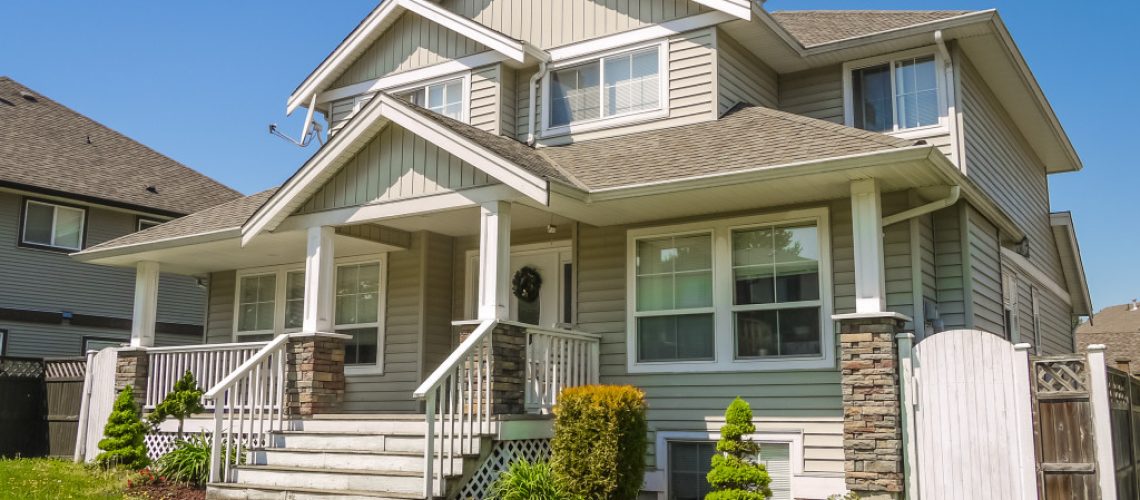When a family home gets passed onto the next generation, beneficiaries typically have three options regarding the house, which include living in the home, renting it, or selling it. If you’ve just inherited a property, you’re probably having a hard time deciding what you should do with it.
Given the dwindling state of the current real estate market, it may be enticing to hold onto the home for a couple of years to let the housing market get back to its former glory and allow the house prices to recover. And take advantage of renting the place in the meantime, allowing you to earn extra income.
However, before taking this approach, it’s best to visit an estate seller with expertise in the Putney and Wandsworth property scene. This professional will give you an idea on the best options you have regarding your property and current financial standing. If you’re eager to keep the home, you’ll need to understand the costs of keeping it.
To make it easier for you, here are factors you need to consider when deciding to keep the inherited property or not.
Outstanding Mortgage Payments
If the home has a traditional or reverse mortgage attached to it, you’ll need to pay off those liabilities first if you want to keep it. If you plan on renting out the property, you’ll be required to refinance the mortgage in your name. That’s why you need to thoroughly decide if a home with a mortgage is worth it, or if you can afford it before keeping it. However, if you’ve inherited a house that has a higher mortgage value than its market value, consider putting it up for a ‘short sale.’
Homeowners’ Association Fees

If the property you’ve inherited is under a homeowner’s association (HOA), you’ll have to tuck away some cash for its monthly dues. HOA costs vary widely, but an average condo can run up between £220 to £380 monthly. However, for single-family houses, these fees are usually cheaper but still depend on the community amenities the HOA fees intend to maintain. If you plan on keeping the home, ensure you have the means to pay these fees.
Tax Benefits
When you inherit a property, you’ll get a tax benefit that provides you with capital gains based on the ‘stepped-up’ cost basis when you sell the house. If you keep the home and live in it, the property’s tax treatment significantly increases as long as you’ve lived there for at least two consecutive years. When you sell the property, you’re granted the current capital gains of the home, with the exclusion on primary residences, allowing you to sell it for a higher price.
Insurance Premiums
When you’ve inherited a home, it’s a good idea to shop around for new homeowner’s insurance policies to get the best deals you can and keep the home long-term. If you plan on renting out the home, you’ll still need to buy landlord insurance to protect yourself against future liabilities in having renters occupy your property. That’s why before accepting the house or placing it under your name, you need to consider if you can afford the insurance premium fees.
Inheriting a home can be an exciting and lucrative journey, but there’s plenty of considerations you need to take before you go on and keep the property. If the expenses listed above and other additional fees of inheriting a house looks to be more than its market value, it’s best to work with an attorney and not accept the inheritance.





